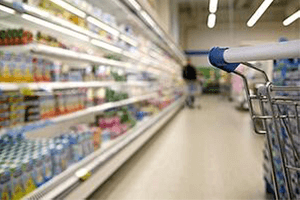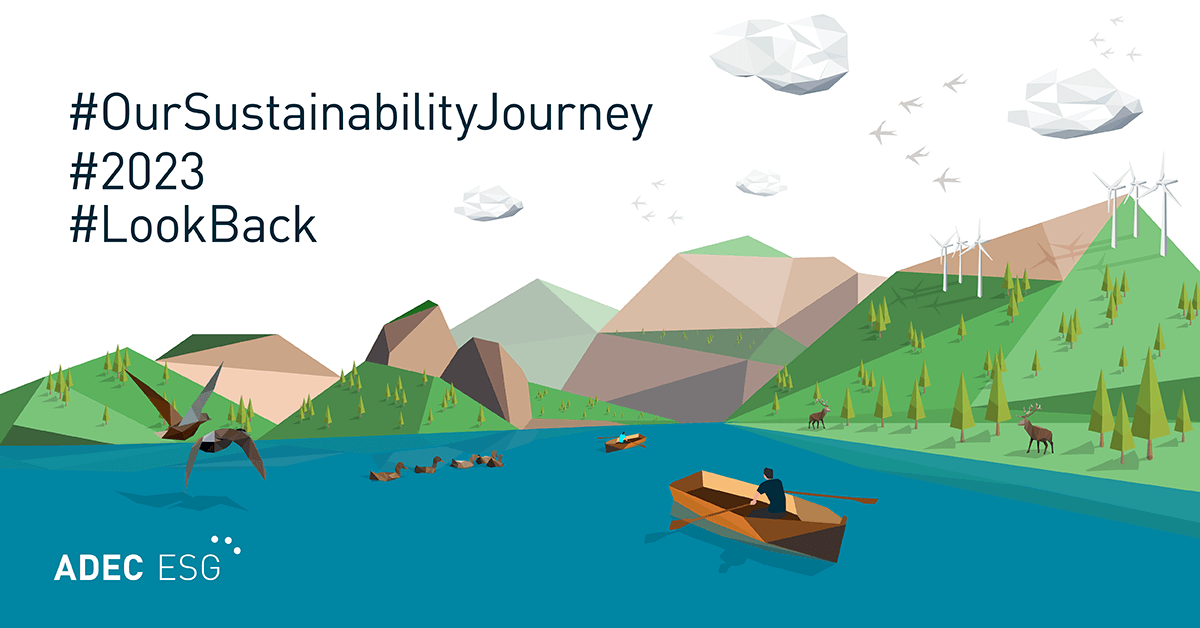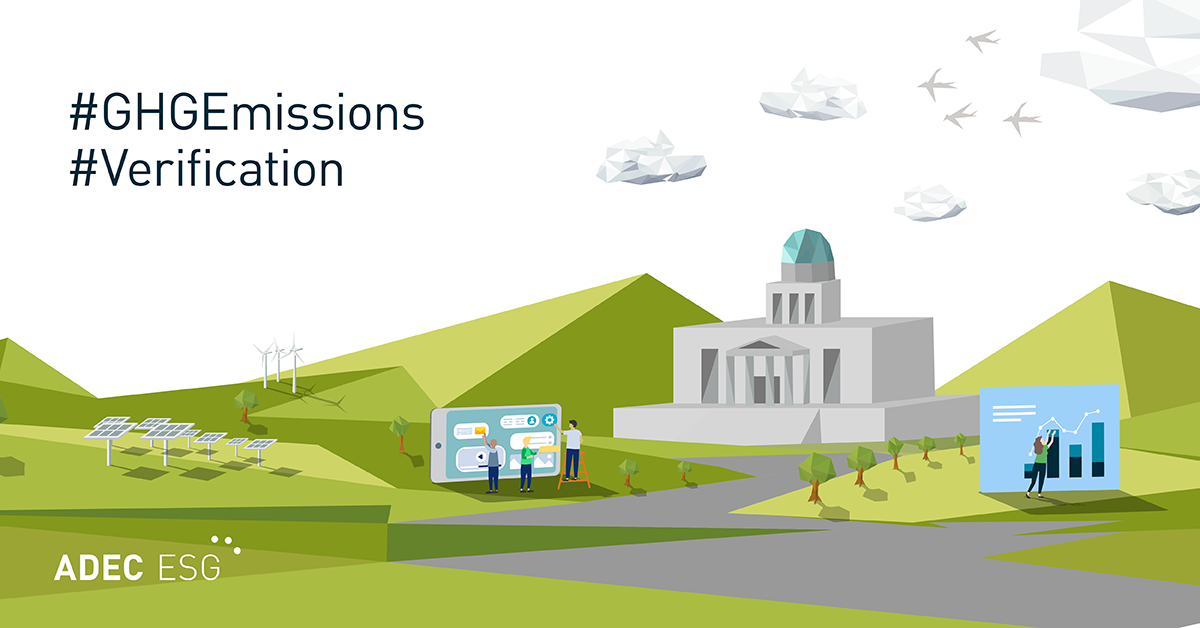As sustainability makes waves in the corporate world, members of the food and beverage industry have begun to follow suit and take the necessary steps to go green. A recent study by Ernst & Young shows that consumers are now more conscious and responsible when it comes to the products that they buy, especially the food they eat. As a result, more companies are appealing to a more health-conscious market by selling healthy, organic and sustainable goods to the community. The impact of climate change on the agriculture sector has also increased the pressure on the food and beverage industry to produce sustainable goods, even as the global population continues to grow. Food and beverage companies see the need to be sustainable in order to be more climate-resilient, since their operations are heavily dependent on the interaction of food, water and energy.
A study by Ceres reveals that there is a favorable trend for supporting and prioritizing sustainability in the food and beverage sector. The report examined 24 food and beverage companies, such as the Campbell Soup Company, PepsiCo, Kraft Foods and The Coca Cola Company. Their current sustainability programs were evaluated based on how prepared they were to meet the sustainability challenges of the 21st century, measured with such criteria as Disclosure, Governance for Sustainability, and Stakeholder Engagement, among others. The results show that food and beverage is leading other sectors in terms of disclosure expectations, and that 79 percent are engaged in reducing their greenhouse gas (GHG) emissions. However, it also revealed that only 25 percent of the reported companies are using renewable energy sources in their operations.
Despite the progress that the food and beverage industry has made over the past year, it is undeniable that there is still room for improvement. A GreenBiz article notes that the food and beverage sector falls short in one criterion – the sustainable sourcing of ingredients across the supply chain. The article identified three different ways in which the food and beverage sector can be a leader in sustainability:
- Build a resilient risk assessment process. Set clear, measurable and time-bound goals to sustainably source key agricultural products, and draw detailed timelines and targets for progress.
- Improve the disclosure on product sourcing. As the food and beverage sector discloses information about their environmental performance, it is important that they also aim to continuously improve on it.
- Establish sound programs and incentives. Farmers and agricultural suppliers need to be supported and encouraged to implement sustainable practices in the field and to measure their improvement.
These efforts are crucial because the food and beverage industry is more vulnerable to climate change than other sectors of the economy. The specific choices that food and beverage companies make to respond to the challenges posed by climate change will lead to consequences that will inevitably be passed on to the numerous consumers that depend on them for good and for bad.
FirstCarbon Solutions helps companies in the food and beverage sector measure their carbon footprint and trace their supply chains. Our ife-cycle assessment (LCA) services go beyond the evaluation of carbon footprints and GHG emissions to encompass water, waste and a full spectrum of natural resources throughout the entire supply chain. FirstCarbon Solutions helps track and measure the sustainability of all your business inputs and outputs – from how much waste you produce, to how much water you consume, and in what condition you return it to the environment. FirstCarbon Solutions evaluates and conserves resources to reduce costs and risks throughout your supply chain and improve both your environmental performance and profitability.
Click on the link below to request a consultation with our corporate sustainability experts.







